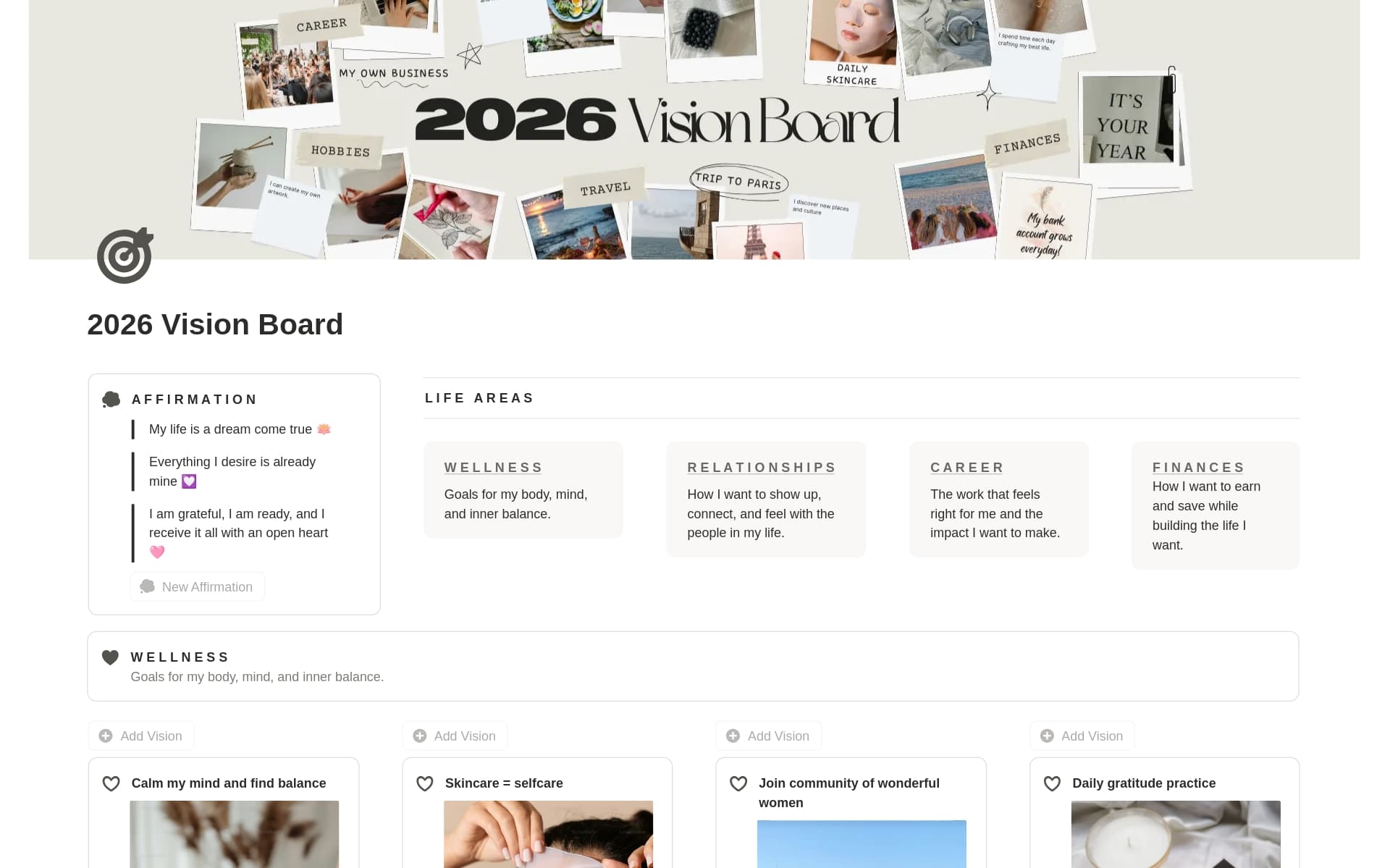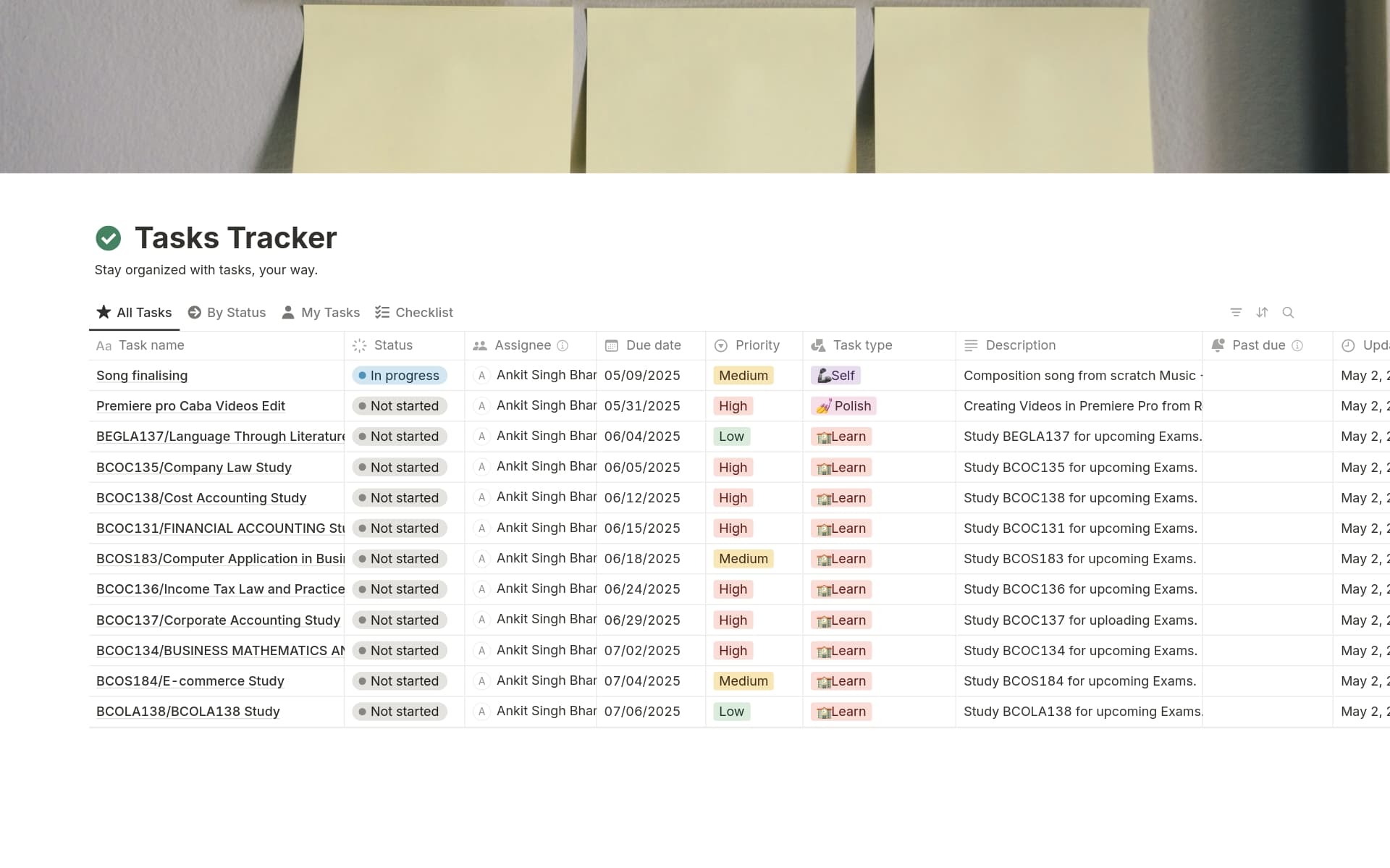Understanding one's net worth is important for payroll managers as it offers a comprehensive view of an individual's or organization's financial health, which can influence compensation, savings, and investment strategies. A Net Worth Notion template simplifies this process by providing a structured way to track and analyze assets and liabilities, making it easier to see the complete financial picture at a glance.
Before embarking on creating your own Net Worth template, exploring these curated Net Worth templates below can streamline the process, offering insights into various methodologies and best practices for financial tracking and planning.
What Should Net Worth Templates Include?
Choosing the right Net Worth Template is crucial for payroll managers to effectively track and analyze financial data. Here are key components to look for in a high-quality template:
Comprehensive Asset Tracking: The template should include various categories for assets such as cash, investments, real estate, and personal property to ensure a detailed asset overview.
Liabilities Section: It's important to have a clear section for liabilities that covers short-term and long-term debts, including loans and credit card balances, to accurately assess net worth.
Automatic Calculations: Look for templates that automatically calculate total assets and liabilities, providing an instant view of the net worth without manual calculations.
Visual Dashboards: A template with integrated visual dashboards can help in quickly understanding financial standings through graphs and charts, enhancing decision-making.
Choosing a template with these features will provide a comprehensive tool for monitoring and planning financial growth effectively.
What Should Net Worth Templates Avoid?
Choosing the right Net Worth template is crucial for maintaining clear and accurate financial records. Here are key elements to steer clear of when selecting your template:
Overly Complex Features: Avoid templates with complicated functionalities that aren't necessary. Simplicity aids in better understanding and fewer errors.
Non-Customizable Fields: A template that doesn't allow you to modify fields can be restrictive and may not meet your specific needs.
Lack of Security Measures: Ensure the template has adequate security features to protect sensitive financial information.
Selecting a template that avoids these pitfalls will help ensure that your financial tracking is both efficient and secure.




